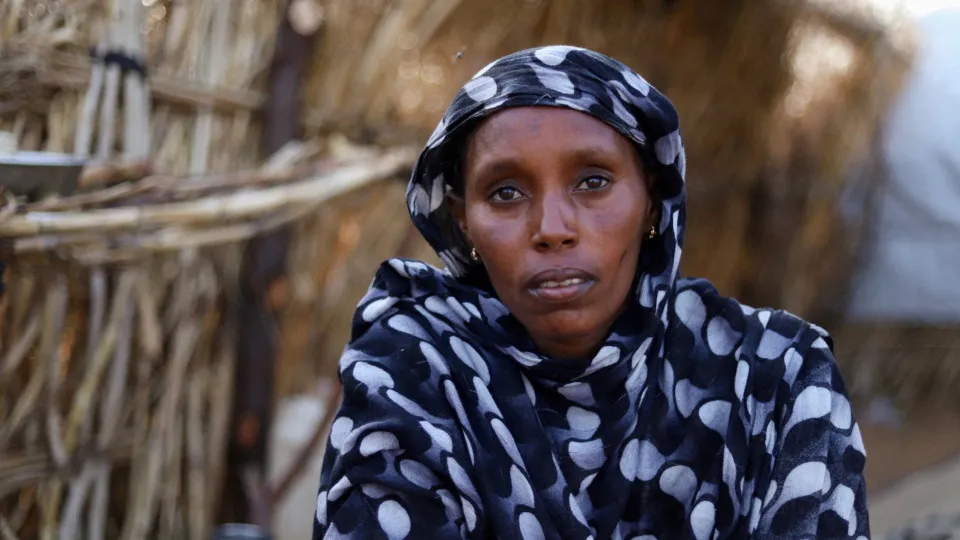Inhabitants of Sudan’s North Darfur have no choice but to eat animal fodder in order to survive, this according to a report from Al Jazeera on August 4. The lack of food is caused by a siege imposed by the rebel group Rapid Support Forces, backed by the United Arab Emirates, on El-Fasher, the region’s capital.
The city is the only place in the region not controlled by the rebels and has been under siege for two months. According to the report, inhabitants are calling for air drops of humanitarian aid, as even animal food is running out.
The conflict in North Darfur between the Rapid Support Forces and the Sudanese army has killed tens of thousands of people and displaced nearly 13 million. The territory is also experiencing a cholera outbreak. Indeed, some 4,000 cholera cases have been reported in the region, causing the deaths of 191 people.
The situation in Sudan is so difficult that it has been called a “Fourth World” country.
While Fourth World is not an official term, it is often used informally to describe countries or communities facing challenges that go beyond mere underdevelopment. The term refers to the most marginalized and underdeveloped nations, often lacking global influence and grappling with immense social and economic hardships. They suffer from deep systemic issues that have far-reaching consequences for decades to come.
Many of these countries rank near the bottom of the UN’s Human Development Index (HDI), battling crises like conflict, hunger, displacement, and disease. Yet, amid the turmoil, some are beginning to pursue peace and progress. It's important to note that while many of these nations are independent, self-sustaining, and recognized by the UN, they are frequently excluded from global data or overlooked in policy discussions.
This gallery explores these nations and the critical issues they continue to face.
Want to know which countries make the list? Click on and find out.
All figures in USD.



